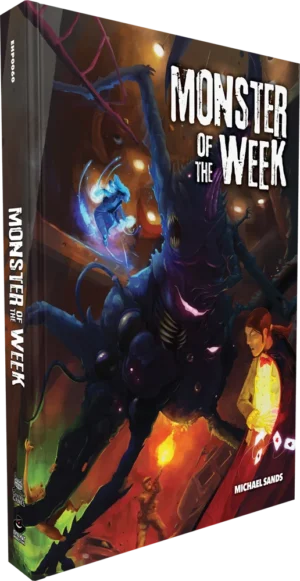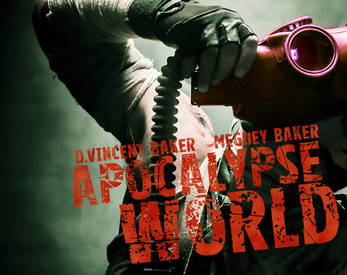FATE Fantasy; Narrative-Driven; Collaborative Worldbuilding; Character Customization; Social Intrigue; Rules Lite
FATE is a versatile and narrative-driven tabletop roleplaying game designed for collaborative storytelling and character customization. Unlike many RPGs, FATE focuses less on rigid rules and more on player agency and creative input. This report examines FATE's themes, core mechanics, unique features, and target audience.
Theme and Setting
FATE distinguishes itself by its universal nature. It isn't tied to a specific genre or setting, allowing players and game masters (GMs) to create their own worlds or adapt existing fictional universes. Whether it's a fantasy realm filled with dragons, a comedy focused on lighthearted adventures, or a gritty sci-fi dystopia, FATE can accommodate it. The corebooks provide toolkits for various genres including horror and space opera, and ready-made world books such as Atomic Robo demonstrate the breadth of possibilities. The system emphasizes collaborative worldbuilding, where players actively contribute to the setting's details alongside the GM, leading to a more engaging and personalized experience.
Core Mechanics and Rules
FATE's mechanics prioritize narrative over simulation. The core of the system revolves around aspects, which are descriptive phrases defining characters, objects, or situations. Players can invoke aspects by spending Fate points to gain bonuses or rerolls, or the GM can compel aspects by offering Fate points to introduce complications. This creates a dynamic where character traits actively influence the story.
Character skills are ranked using a pyramid system, meaning characters are skilled in a few areas, competent in some, and average in others. Fudge dice (dF) are used for rolls, producing results ranging from -4 to +4, which are added to the character's skill level. The outcomes of actions are determined by comparing the total to a target number, but the focus remains on how the result impacts the narrative, not just whether it succeeds or fails.
Combat operates similarly, with characters using skills to attack, defend, and create advantages. Stress tracks and consequences represent damage and lasting effects, emphasizing the impact of conflicts on the characters.
What Makes FATE Unique
Several factors contribute to FATE's unique identity:
- Narrative Focus: FATE prioritizes storytelling and character development over tactical combat and detailed rules. The rules are designed to support the narrative, not constrain it.
- Aspects and Fate Points: The aspect system and the use of Fate points give players significant control over the story, allowing them to influence events and shape the world around them.
- Collaborative Worldbuilding: FATE actively encourages players to participate in worldbuilding, making the game a truly collaborative experience.
- Universal Applicability: The lack of a fixed setting makes FATE adaptable to any genre or style of play.
- Character Customization: While not tied to classes or levels, FATE allows for deep character customization through the selection of aspects, skills, and stunts.
Target Audience and Player Experience
FATE is best suited for players who enjoy narrative-driven games and appreciate character customization. It appeals to those who want to actively participate in shaping the story and aren't afraid to improvise. The collaborative nature of FATE makes it ideal for groups who enjoy working together and sharing creative ideas.
Newcomers to tabletop RPGs may find FATE approachable due to its flexible rules and emphasis on storytelling. However, players accustomed to more structured systems with detailed combat mechanics might find FATE too open-ended. The system requires a willingness to embrace improvisation and trust in the group's collective storytelling abilities. Ultimately, FATE offers a rewarding experience for players who prioritize creativity, collaboration, and narrative over rigid rules and predefined settings.



